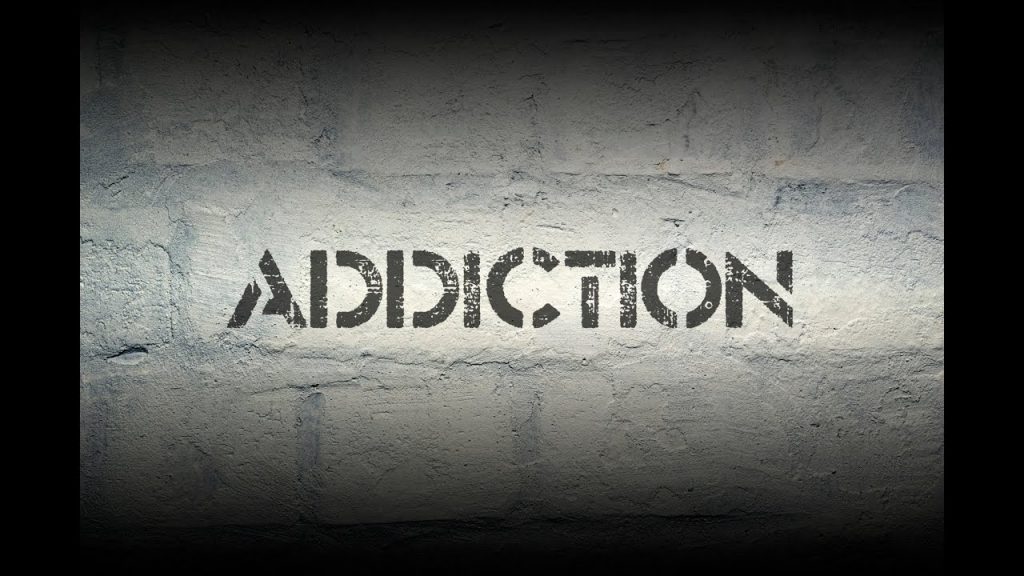It’s a good bet that you have never heard of MTHFR. Its a gene, also known as methylenetetrahydrofolate reductase that could impact on many aspects of your physical, emotional, and mental health. MTHFR and addiction also has a connection.
Two common mutations in MTHFR can affect the mental health issues associated with the mutation including schizophrenia, attention-deficit hyperactivity disorder (ADHD), depression, anxiety, autism, and bipolar disorder.
Even if not a lot of people know about this gene, it’s actually more prevalent than you think.
More Common Than You Think
In fact, it’s estimated that 4 in 10 people possess one type of MTHFR variant. Hispanics are much more likely (21 percent) to develop two variants, compared to Caucasians (6 percent) and Africans (14 percent).
This mutation drastically increases their chances of developing mental and health issues.
The problem is that MTHFR will drastically alter the way the patient responds to medications. For instance, people suffering from depression will either get adverse reactions from antidepressant medication; or the antidepressants won’t have any effect on them at all.
MTHFR is also linked to various ailments like early miscarriage, osteoporosis, certain types of cancer, stroke, cardiovascular diseases, and migraines.
The New Addiction Gene?
People’s tendency to get addicted is hardwired into their brains. Some are just more vulnerable than others.
The addiction gene has been well-established in the scientific circle. Of course, there’s no single gene that makes one person predisposed to being an addict. There’s another gene, in fact, identified by scientists among habitual substance abusers. The mutated gene is called fatty acid amide hydrolase (FAAH).
To find out if you have this genetic mutation you may order the Comprehensive Health Conditions genetic report and upload your raw data from ancestry.com or 23andme.com.
Genetics will play an equal part with the environment that the person is exposed to. For instance, if parents are alcoholic, their child is eight times more likely to develop alcohol abuse disorder, too.
There have been various research studies linking MTHFR to addiction, yet the link does not seem to be widely accepted in the drug and rehab industry.
However, MTHFR will give another layer to the already complex process of treating addiction. The default check should be to screen patients with a substance abuse disorder to see if this mutated gene is present in their system. The procedure is not expensive ($130) and it would then be easier to come up with a treatment protocol to ensure their recovery. You may order a cheek swab home testing kit here.
A study on MTHFR by the University of North Carolina Healthcare System’s High Point Division published in 2018 showed amazing results.
Of 96 patients who were addicted to heroin and other opiates over six months, 86 of them had at least one type of genetic mutation. Researchers concluded that these individuals turned to opiates in order to cope because the MTHFR was disrupting their monoamine balance.
Other research concluded that cocaine dependents with the MTHFR C677T variant have been highly responsive to treatment with disulfiram.
The current common protocol for rehab centers to treat patients diagnosed with co-occurring mental illness and substance abuse is integrated intervention: treating both problems at the same time. to clean the system first. This includes detoxification to manage fentanyl withdrawals, for instance, as well as addressing the mental health issue.
However, without screening for MTHFR, recovery is only temporary. Addressing this genetic mutation may be key to preventing relapses.
Is there Hope for Patients with MTHFR?
The good news is that this is a disease that you can manage. Here are some ways you can reduce the risks:
- Remove processed foods from your diet
- Add folate-rich foods to your diet: eggs, beets, leafy greens, broccoli, Brussel sprouts, asparagus, and legumes
- Eat foods rich in vitamin B12
- Take a well balanced methylfolate formula.
- Adopt a high-fiber diet
- Don’t drink alcohol
- Exercise regularly to get your sweat going
- Detoxify so you cleanse your system from harmful toxins
- Eat fermented foods such as kimchi, Miso, and yogurt to ensure high levels of good bacteria in your system
Lastly, stress is a killer. That is both figuratively and literally true. Avoid stress with a lifestyle change. Steer away from toxic people and the environment. Try yoga and meditation to clear your mind and spirit.



Josh, 36M
I think I just discovered what I’ve been struggling with my whole life.
This is interesting for sure. Thank you for sharing. My child is homozygous for this gene. ALlmy cousins and aunts seem to have alcohol addiction problems. I am just addicted to sugar and dark chocolate.
How long after the b12 and folate did you start to see improvements thanks x
It took me about 3-4 weeks to notice a huge difference. And it was Huge!
Thanks for posting the article. I am a physician and test all my clients for this gene. I don’t have exact numbers but nearly all of my substance abuse patients have at least a single gene defect for mthfr. EVERY profoundly autistic child I have treated has the defect and mom is a carrier. Could this gene effect neurodevelopment is utero? When I did my clerkships for ob/gyn in medical school is was at the county hospital in Phoenix Az. My first ever delivery was a moniker for me. Over 90% percent Hispanic population from Mexico. No folic acid supplements, folic acid added to food sources. Plus Hispanic and increased rates in that population. Women by and large refused spinal anesthesia. Such a high rate of spina bifida. The assumption was getting a shot in the back my any will be born with a hole in the back. First day and sent by the resident into delivery room. Screams all around the hospital bc no pain relief from anesthesia. The nurse asked me to monitor the first baby I was involved in delivering. During one of the piercing screams, I was blasted by sputum in my eyes. A true scary moment bc I could not step away and eyes plastered shut. Was actually pushing the baby and yelling myself for the nurse but no avail bc screams everywhere. Eventually the nurse came in and let me wipe off and had a successful delivery. That incident always brought me back to mthfr especially when I started screening all my clients. Interesting most insurances these days don’t pay for testing even though it can make patients well. I can’t tell you how many patients responded to methyl b12 and methyl folate supplements or injections. Kids and adults with medical and mental health issues off all meds and asymptomatic with treatment. Hey! Don’t tell big pharm about him that one! Drug companies would lose tons of money. Why do we practice and earn more money as providers when our clients are sick rather than keeping them well. Very disenchanting on how western medicine is practiced. Keep up the good work! Jeremy Revell MD
Hello Dr. Revell,
I was wondering if you see patients from across the US? I’m compound heterozygous (I was diagnosed three years ago). I’ve had a hard time talking to a doctor that understands and will listen to me.
Thank you
Absolutely loved reading your comment your right western medicine is so disheartening. I have just done 12 months of research and started taking methly folate as well as Hydroxy B12 and feelings like the fog is slowly lifting.
My 30 yr old daughter was just diagnosed with MTHFR and has been battling severe mental and physical health issues for years. As a result she has also developed a prescription opioid addiction and I am so thankful to finally have some answers. My ex-husband, her father has suffered with severe untreated bipolar disorder and this is now all starting to make sense…Thank you for the information, it’s so helpful.